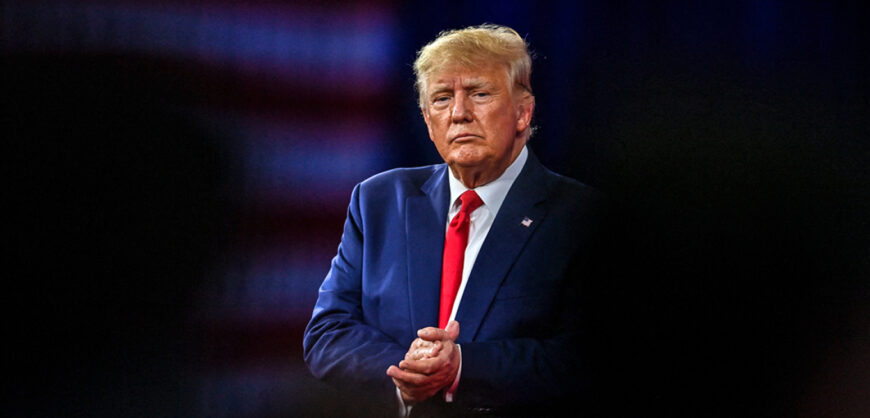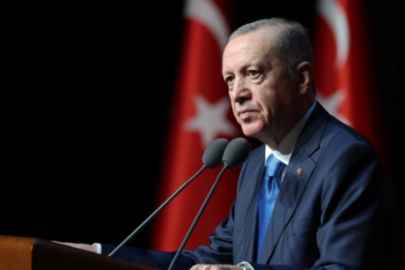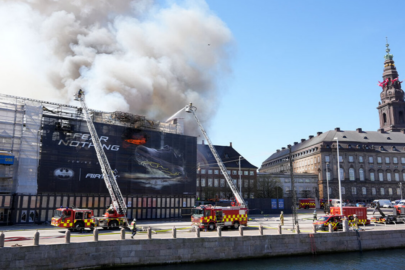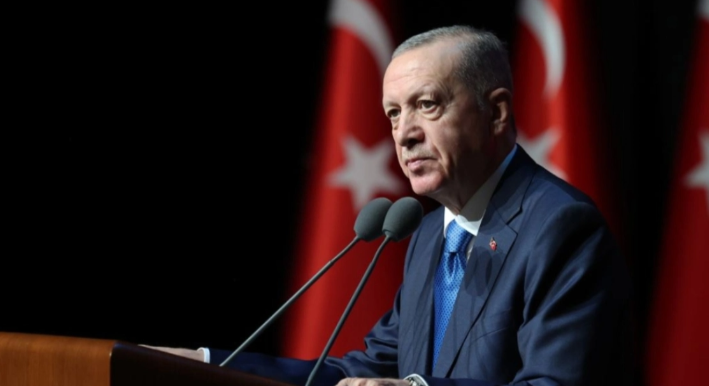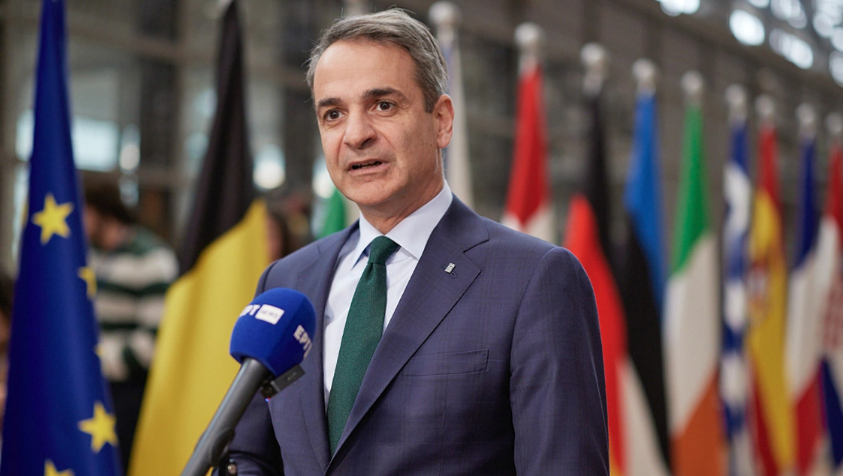The Department of Justice is preparing to ask a Washington, DC grand jury to indict former president Donald Trump for violating the Espionage Act and for obstruction of justice as soon as Thursday, adding further weight to the legal baggage facing Mr Trump as he campaigns for his party’s nomination in next year’s presidential election.
The Independent has learned that prosecutors are ready to ask grand jurors to approve an indictment against Mr Trump for violating a portion of the US criminal code known as Section 793, which prohibits “gathering, transmitting or losing” any “information respecting the national defence”.
The use of Section 793, which does not make reference to classified information, is understood to be a strategic decision by prosecutors that has been made to short-circuit Mr Trump’s ability to claim that he used his authority as president to declassify documents he removed from the White House and kept at his Palm Beach, Florida property long after his term expired on 20 January 2021.
That section of US criminal law is written in a way that could encompass Mr Trump’s conduct even if he was authorised to possess the information as president because it states that anyone who “lawfully having possession of, access to, control over, or being entrusted with any document …relating to the national defence,” and “willfully communicates, delivers, transmits or causes to be communicated, delivered, or transmitted or attempts to communicate, deliver, transmit or cause to be communicated, delivered or transmitted the same to any person not entitled to receive it, or willfully retains the same and fails to deliver it on demand to the officer or employee of the United States entitled to receive it” can be punished by as many as 10 years in prison.
It is understood that prosecutors intend to ask grand jurors to vote on the indictment on Thursday, but that vote could be delayed as much as a week until the next meeting of the grand jury to allow for a complete presentation of evidence, or to allow investigators to gather more evidence for presentation if necessary.
source independent.co.uk

